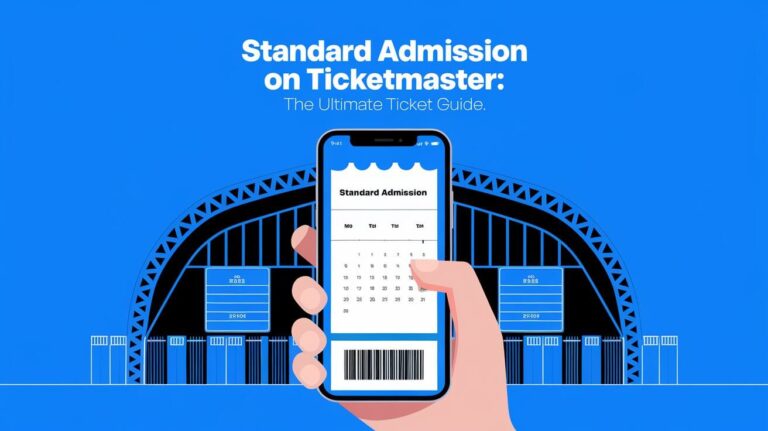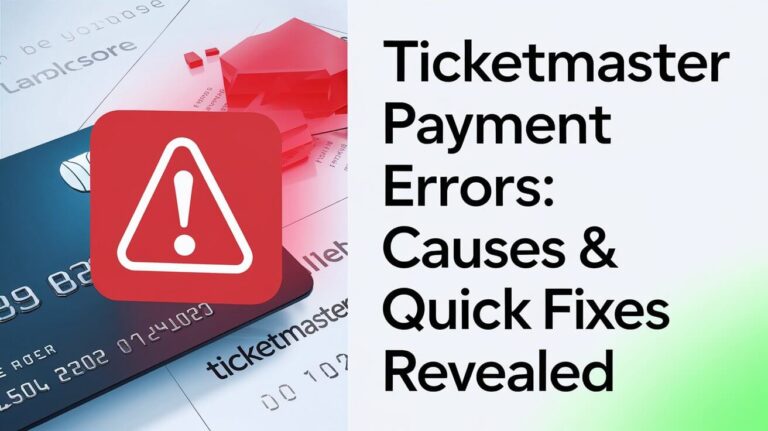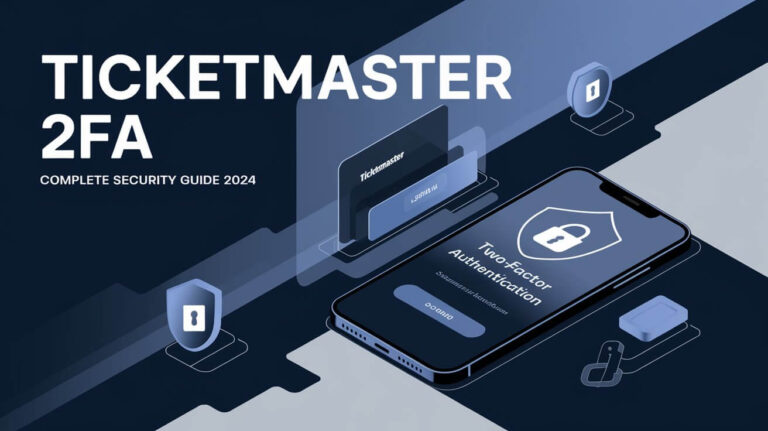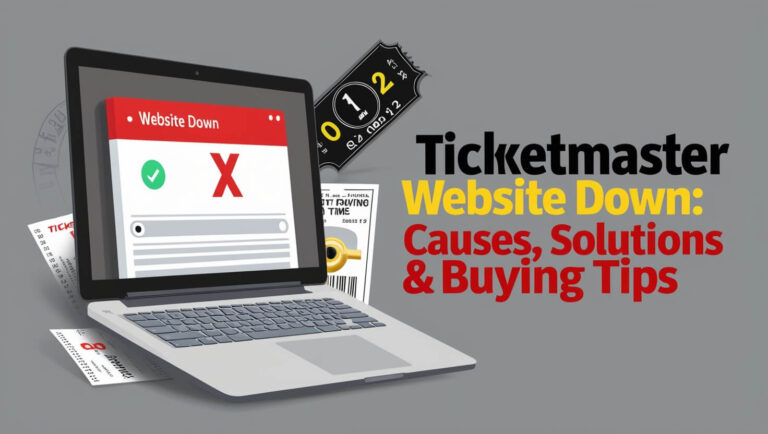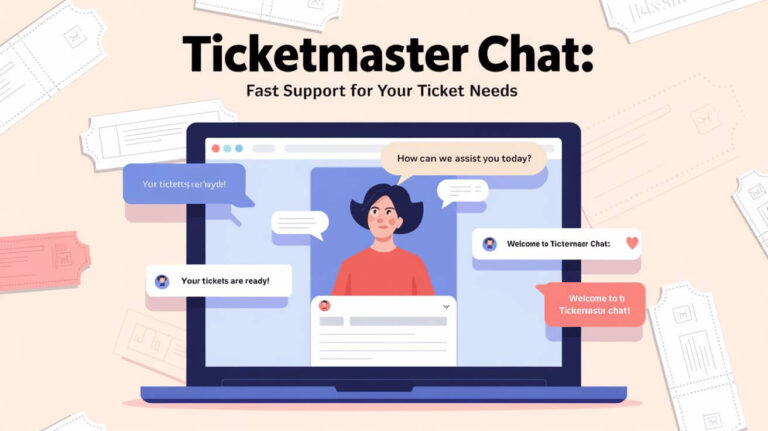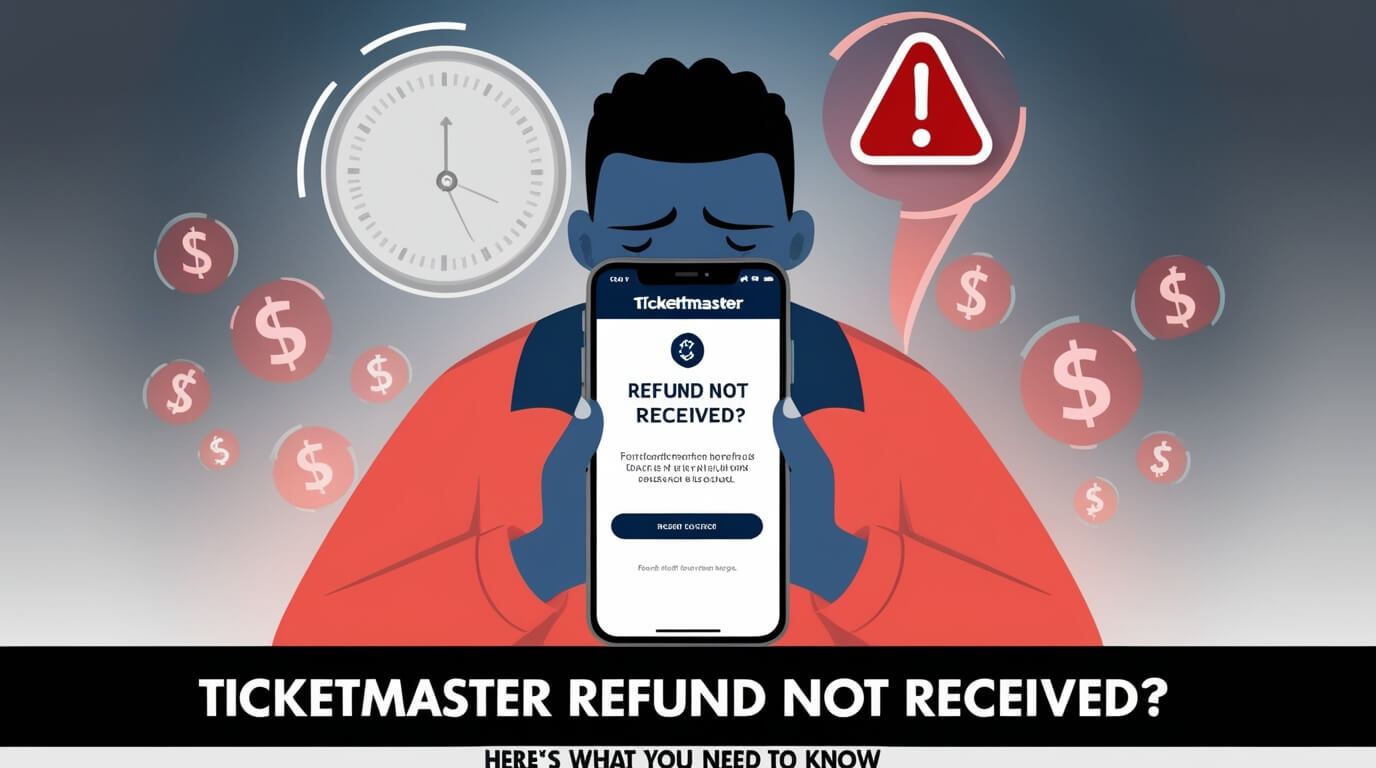
It’s a common problem for Ticketmaster customers to experience delays in getting their refunds. Many people are in the same boat, waiting for their money to be returned. The good news is there are ways to resolve this issue. This overview will explain Ticketmaster’s refund policies and provide practical tips to help you secure your refund.
Understanding Ticketmaster’s Refund Policy
Ticketmaster’s refund policy can be tricky to navigate. Let’s break it down:
General refund rules
Ticketmaster typically doesn’t offer refunds for most purchases. However, they make exceptions for canceled events. When an event gets canceled, Ticketmaster usually processes refunds automatically.
Exceptions to the policy
While Ticketmaster’s no-refund stance is firm, they sometimes bend the rules. Postponed or rescheduled events might qualify for refunds, depending on the organizer’s decision. Some customers have successfully argued their case for special circumstances.
Timeframes for refunds
Ticketmaster claims refunds take 5-7 business days to process. But in reality, it can take much longer. Some customers report waiting weeks or even months for their money.
Common Reasons for Delayed Ticketmaster Refunds
Understanding why your refund is delayed can help you address the issue more effectively.
Event rescheduling vs. cancellation
Rescheduled events are often confusing. Ticketmaster may not offer automatic refunds for these, unlike canceled events. You might need to request a refund within a specific timeframe.
Payment method issues
The way you paid can affect your refund. Credit card refunds are usually the fastest. Debit card or PayPal refunds might take longer. If you’ve changed your payment method since buying the tickets, this could cause delays.
High volume of refund requests
During major event cancellations or postponements, Ticketmaster faces a flood of refund requests. This can slow down the process for everyone.
Steps to Take When Your Ticketmaster Refund Hasn’t Arrived
Don’t just sit and wait if your refund is late. Take action:
Check your email and spam folder
Ticketmaster sends important refund info by email. Check your inbox and spam folder regularly. You might have missed crucial updates.
Review your Ticketmaster account
Log into your Ticketmaster account. Look for any messages about your refund status. Sometimes, you need to confirm your refund request through your account.
Contact your bank or credit card company
If Ticketmaster says they’ve processed your refund but you don’t see it, check with your bank. They might be holding the funds or need more info to complete the transaction.
How to Contact Ticketmaster About Missing Refunds
When all else fails, it’s time to reach out directly to Ticketmaster.
Using the official customer service channels
Start with Ticketmaster’s official help center. Use their online chat or phone support. Be patient – wait times can be long, especially during busy periods.
Escalating your case to Ticketmaster executives
If customer service can’t help, consider contacting Ticketmaster executives. You can find their contact info online. But use this option sparingly and respectfully.
What information to provide when inquiring about your refund
When contacting Ticketmaster, have these details ready:
- Order number
- Event details
- Date of purchase
- Your contact information
- Any reference numbers from previous communications
Legal Rights and Consumer Protection for Ticket Refunds
Know your rights when dealing with ticket refunds.
State-specific laws on ticket refunds
Some states have laws protecting consumers’ rights to ticket refunds. Check your state’s consumer protection laws. They might offer additional recourse.
Federal regulations protecting consumers
The Federal Trade Commission (FTC) oversees fair business practices. If you believe Ticketmaster has treated you unfairly, you can file a complaint with the FTC.
Class action lawsuits against Ticketmaster
Ticketmaster has faced several class action lawsuits over refund practices. Stay informed about ongoing cases. You might be eligible to join if one applies to your situation.
Alternative Options When Refunds Are Denied
When a refund isn’t possible, consider these alternatives:
Accepting event credits or vouchers
Ticketmaster sometimes offers credits for future events instead of cash refunds. While not ideal, this can be a decent option if you attend events regularly.
Reselling your tickets
If the event is still happening but you can’t attend, try reselling your tickets. Ticketmaster has a resale platform, or you can use third-party sites.
Donating tickets to charity
Some organizations accept donated tickets. This won’t get your money back, but it can make a positive impact and might offer a tax deduction.
Preventing Future Refund Issues with Ticketmaster
Avoid future headaches by taking these precautions:
Understanding terms and conditions before purchase
Always read the fine print before buying tickets. Know the refund policy for each event. Some have stricter rules than others.
Keeping records of your transactions
Save all emails and receipts related to your ticket purchases. Screenshot important information. These records can be crucial if disputes arise.
Using secure payment methods
Pay with a credit card when possible. Credit cards often offer better consumer protections than debit cards or other payment methods.
The Impact of COVID-19 on Ticketmaster Refunds
The pandemic changed the ticketing landscape significantly.
Changes in refund policies during the pandemic
Ticketmaster adjusted its policies due to mass cancellations. They became more flexible with refunds for a time. But these changes weren’t permanent.
Dealing with postponed events due to COVID-19
Many events were postponed rather than canceled. This created confusion about refund eligibility. Always check the current status of your event and know your options.
Long-term effects on the ticketing industry
COVID-19 forced ticketing companies to rethink their practices. Some changes, like more flexible policies, might stick around. Others reverted to pre-pandemic norms.
Comparing Ticketmaster’s Refund Process to Other Ticketing Platforms
How does Ticketmaster stack up against competitors?
StubHub’s refund policies
StubHub initially offered credits instead of refunds during the pandemic. After backlash, they revised their policy. Their approach differs from Ticketmaster’s in some key ways.
Live Nation’s approach to refunds
Live Nation, Ticketmaster’s parent company, aligned its policies closely with Ticketmaster’s. But there are some differences, especially for certain types of events.
Smaller ticketing platforms and their refund processes
Smaller platforms often have more flexible refund policies. They might offer easier refunds to compete with larger companies. Consider these alternatives for future purchases.
Tips for Successfully Navigating the Ticketmaster Refund Process
Maximize your chances of getting your refund with these strategies:
Timing your refund request
Act quickly when refunds become available. Some offers have short windows. Set reminders if you know an event might be canceled or postponed.
Following up persistently
Don’t give up after one attempt. Follow up regularly but politely. Keep a log of all your communications with Ticketmaster.
Leveraging social media for faster responses
Sometimes, reaching out to Ticketmaster on Twitter or Facebook can get faster results. But keep your messages polite and factual.
Conclusion: Securing Your Ticketmaster Refund
Getting a refund from Ticketmaster can be frustrating, but it’s not impossible. Stay informed, be persistent, and know your rights. Remember, each case is unique. What works for one person might not work for another. Keep trying different approaches until you succeed.
If you’re still waiting for your Ticketmaster refund, don’t lose hope. Use the strategies in this guide to pursue your refund actively. With patience and persistence, you can increase your chances of getting your money back.

